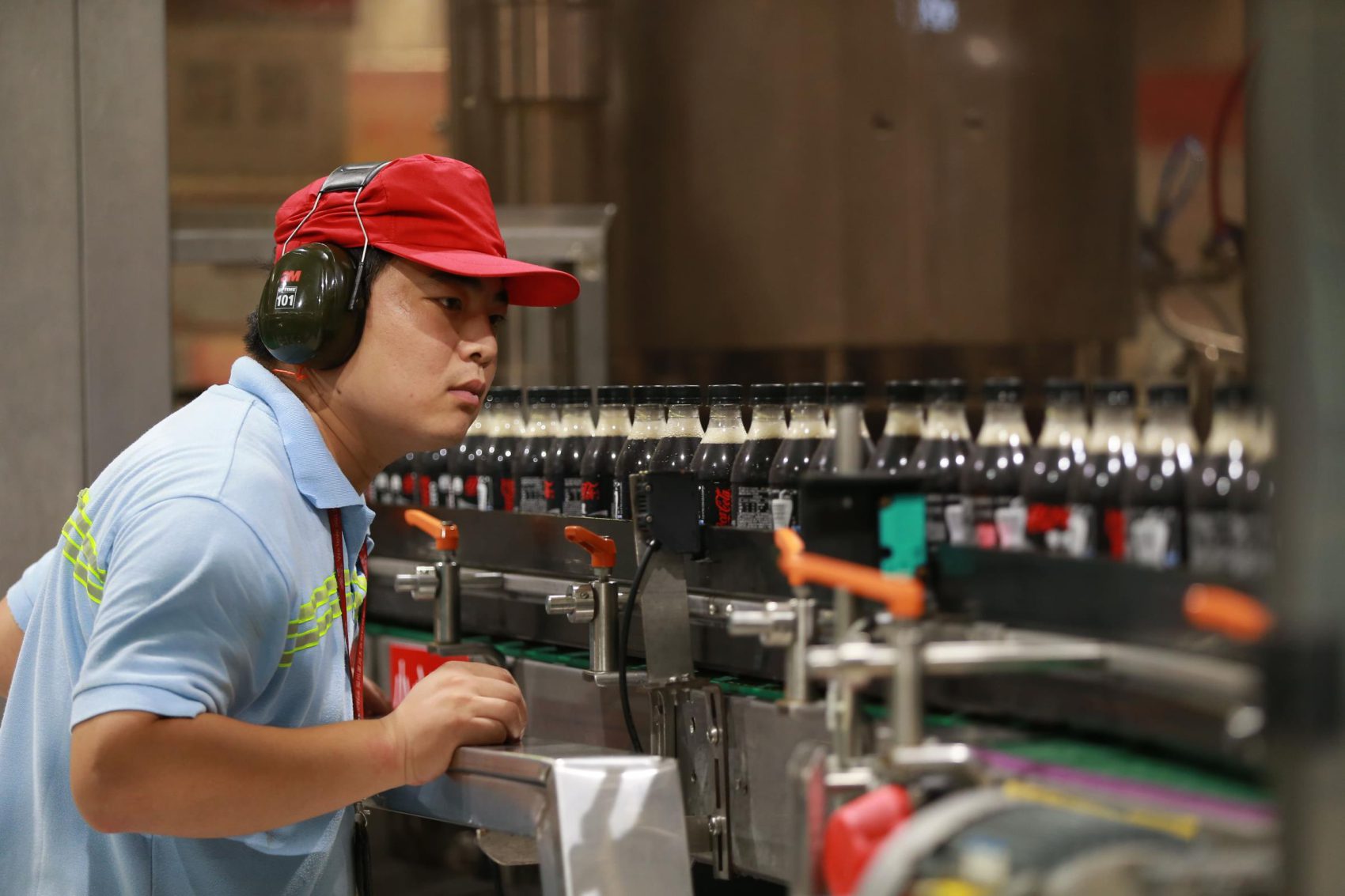Socio-economic impact study for Coca-Cola US
We executed a nationwide socio-economic impact study for The Coca-Cola Company in the United States
How does a large multinational company support local economies across a country? This is a question we were asked to answer for the Coca-Cola Company in the United States. While it is intuitively clear that Coca-Cola is deeply embedded across the US, until now there was no clear quantitative picture of this. We brought our decade of experience working with Coca-Cola across the world to create a first-of-its-kind nationwide report detailing the economic impact of the Coca-Cola System (both the Company and its independent bottling partners) in the U.S.
Building upon on 15 years of experience with socio-economic impact modelling, we developed the most granular approach and methodology to date that uses multi-regional input-output modelling. The model reflects all gross economic activity in the United States (50 states and DC) related to the operations, production, and sales of the Coca-Cola System. We traced over 25,000 different spending events across all 50 states in the US. Each of these are traced through 546 sectors in 50 states. This has resulted is a very detailed picture of how Coca-Cola and its entire value chain contributes to employment and incomes for households, business owners, governments and communities in the US. The results of the study are displayed on Coca-Cola’s website, providing interactive insights at national and state-level. The Coca-Cola System in the US consist of 64 bottling partners and the Coca-Cola Company. The study raised the understanding of how the System’s impact is more than the sum of the impacts of individual companies that operate it. Over the course of the study, we mapped the many different types of jobs its supports: from young people entering the workforce in restaurants or shops to well-paid executive jobs.
Coca-Cola launched the results in Washington DC at the ‘Building the New American Economy’ event organised by POLITICO, which focused on the generational economic transformation the United States is going through. The study will aid decision-making in areas such as making capital investments, upskilling of employees and aligning community support activities.

